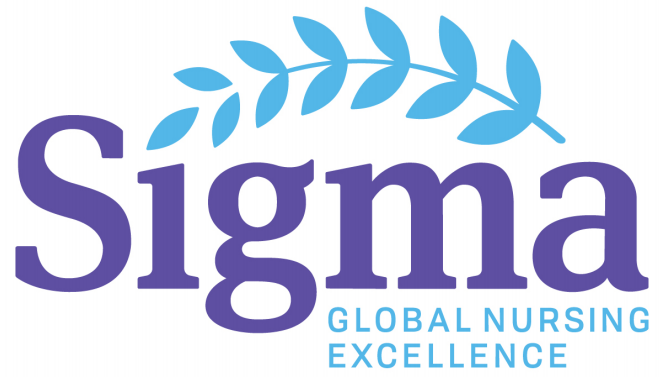"An Alarming Trend: Combating Alarm Fatigue in Nurses"
Presenter Classification
Undergraduate Student
Presentation Type
Poster Presentation
Publication Date
4-20-2023
Start Date
20-4-2023 2:30 PM
End Date
20-4-2023 3:00 PM
Keywords
Alarm, Fatigue, Nurse
Abstract Type
Research
Abstract
Like your average morning alarm, hospital alarms are specifically designed to elicit cognitive distress via auditory stimulation. They sound continuously, beckoning hospital staff to investigate the source of their call, day and night. As a result, caregivers become desensitized and begin to ignore the seemingly constant stimulus. However, ignoring these pleas for help can lead to adverse patient outcomes as the true alarms are indistinguishable from the false. In this study, we will review literature from the last five years to examine how alarm fatigue in nurses leads to detrimental patient outcomes and how we can begin to reduce the incidence of alarm fatigue. For example, when telemetry leads are improperly applied or lose their adherence, they are more sensitive to patient movements and can cause alterations on the recorded cardiac strips, creating the illusion that a patient is having an arrhythmia when, in reality, the patient is fine. This phenomenon causes alarms to chime, requiring the nurse to rush into the room to check on the patient and turn off the alarm. This can occur multiple times a shift, causing the nurse to become overwhelmed, to ignore the alarm, or to become distracted from their other duties due to the constant alarm response. This situation can easily be avoided by proper preparation of skin at the attachment site and the replacement of leads and pulse oximeters with disposable versions that can be changed daily. The aim of this study is to provide a multifaceted approach to identify ways to reduce the amount of alarm fatigue in an acute care setting in order to improve patient outcomes and consequently increase both patient and nurse satisfaction.
"An Alarming Trend: Combating Alarm Fatigue in Nurses"
Like your average morning alarm, hospital alarms are specifically designed to elicit cognitive distress via auditory stimulation. They sound continuously, beckoning hospital staff to investigate the source of their call, day and night. As a result, caregivers become desensitized and begin to ignore the seemingly constant stimulus. However, ignoring these pleas for help can lead to adverse patient outcomes as the true alarms are indistinguishable from the false. In this study, we will review literature from the last five years to examine how alarm fatigue in nurses leads to detrimental patient outcomes and how we can begin to reduce the incidence of alarm fatigue. For example, when telemetry leads are improperly applied or lose their adherence, they are more sensitive to patient movements and can cause alterations on the recorded cardiac strips, creating the illusion that a patient is having an arrhythmia when, in reality, the patient is fine. This phenomenon causes alarms to chime, requiring the nurse to rush into the room to check on the patient and turn off the alarm. This can occur multiple times a shift, causing the nurse to become overwhelmed, to ignore the alarm, or to become distracted from their other duties due to the constant alarm response. This situation can easily be avoided by proper preparation of skin at the attachment site and the replacement of leads and pulse oximeters with disposable versions that can be changed daily. The aim of this study is to provide a multifaceted approach to identify ways to reduce the amount of alarm fatigue in an acute care setting in order to improve patient outcomes and consequently increase both patient and nurse satisfaction.



